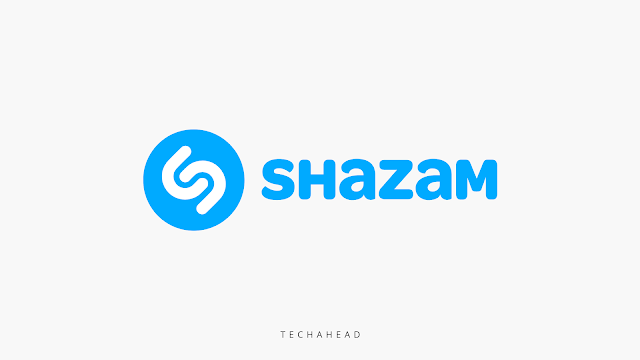Tripple: A unique inheritance-based social media app that nurtures your digital legacy

What happens when a social media user is no more? All the pictures, videos, posts, and memories are buried deep into the inter-web and lost forever. Tripple is changing this by unleashing a new era of inheritance-based social media platforms which is centered around protecting & nurturing the users’ digital legacy. TechAhead has been proudly associated with the team behind this powerful social media platform, and together we conceptualized, designed, developed, and launched this app, and attempted to transform social media. Tripple: Creating & Nurturing your digital legacy Tripple social media platform has been designed and developed to empower users, and give them more control over their information. Once a user joins Tripple, they can create Time Ripples, which will have all their past and present memories, which can also be experienced and viewed when they are no more. Users will have full control over who is able to watch their Time Ripples in the future, which content will


